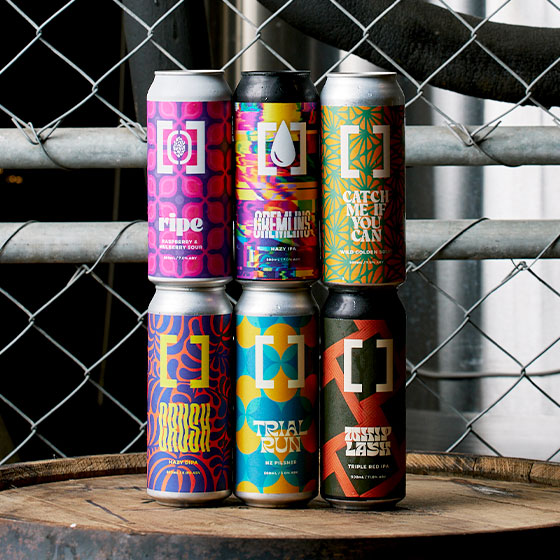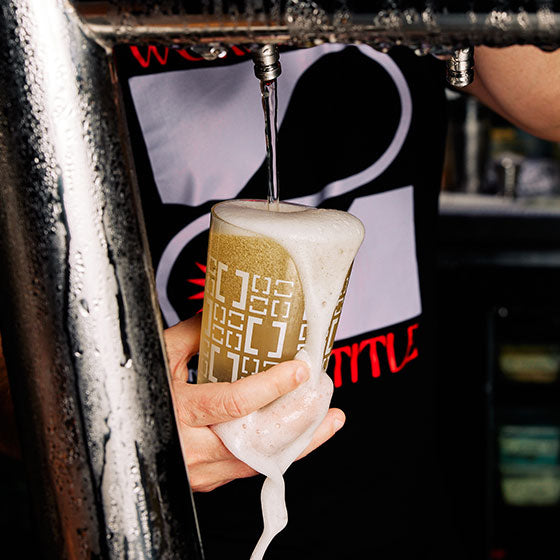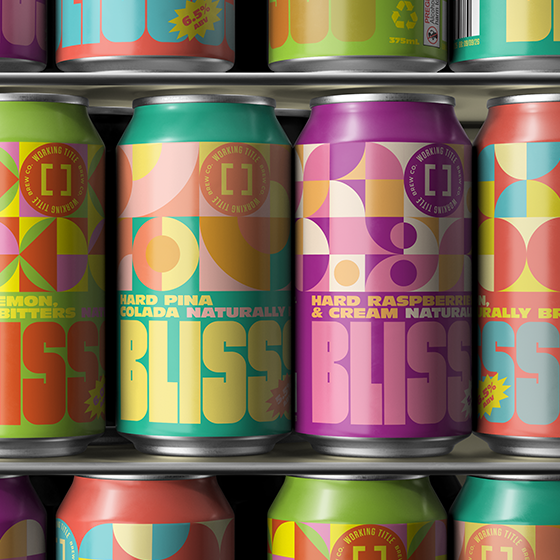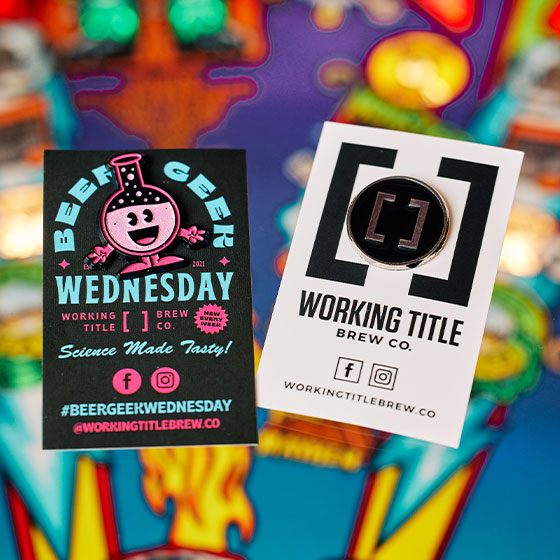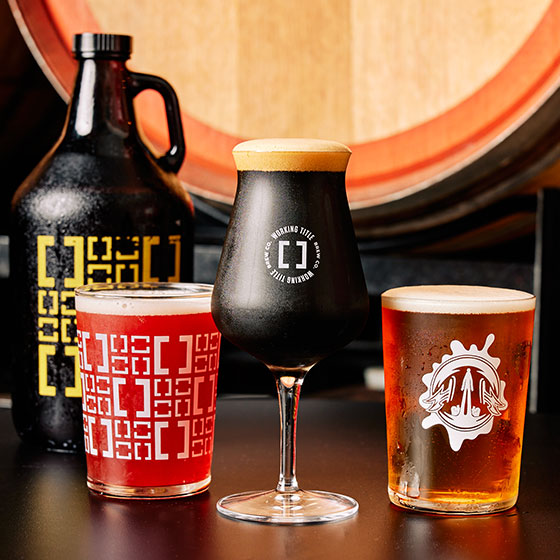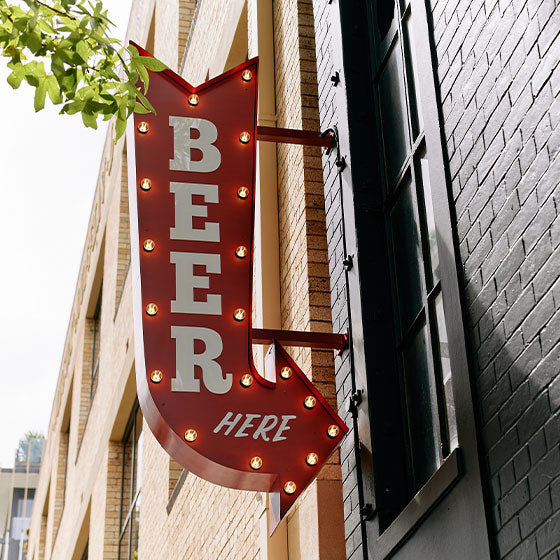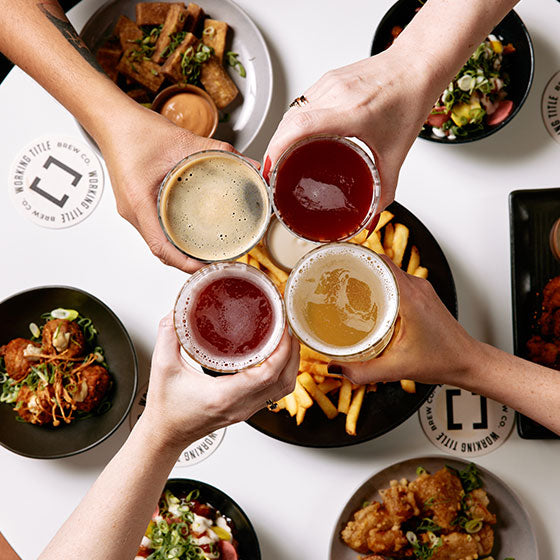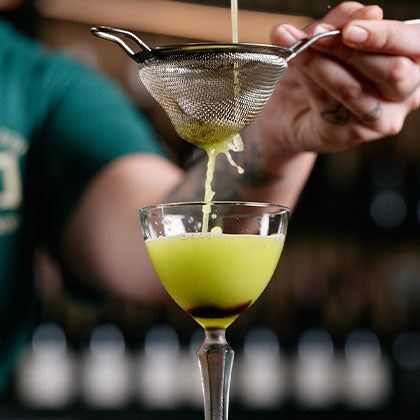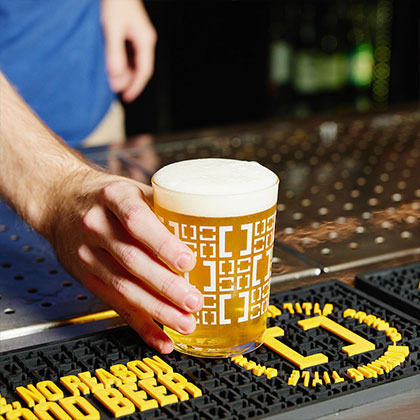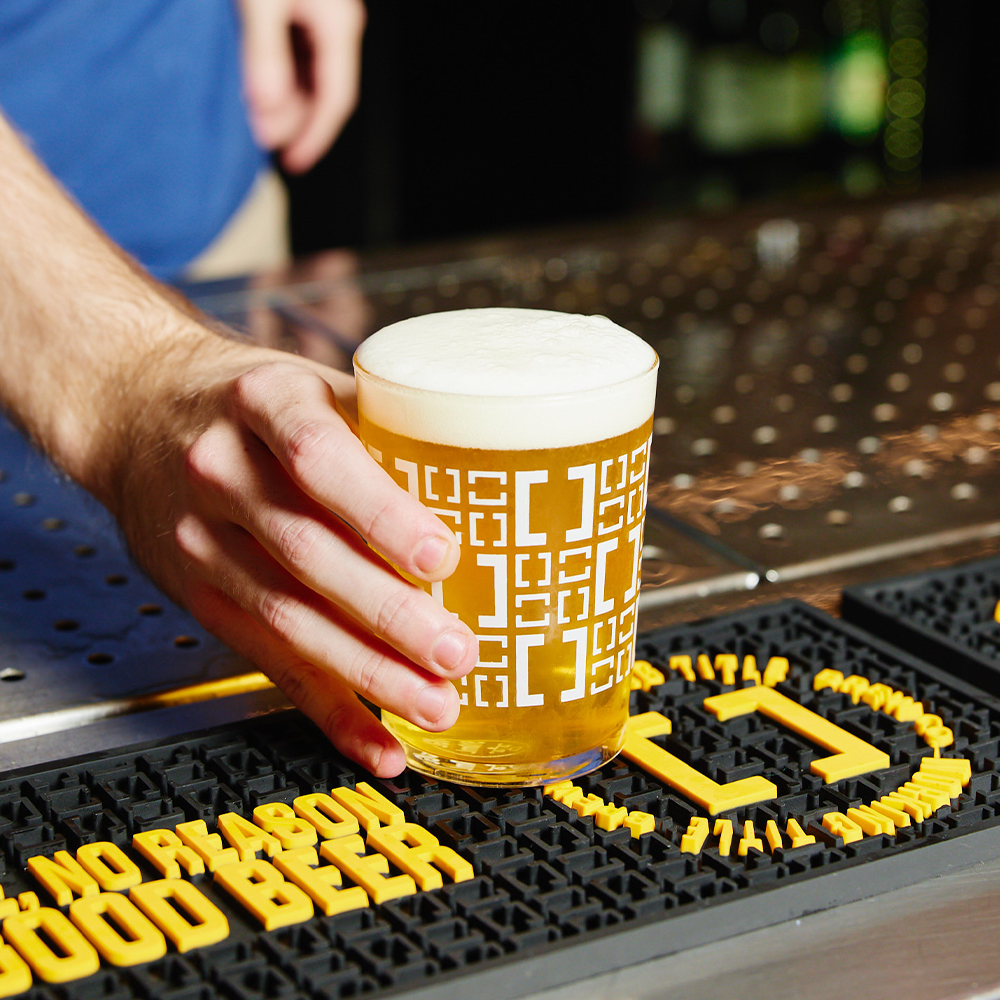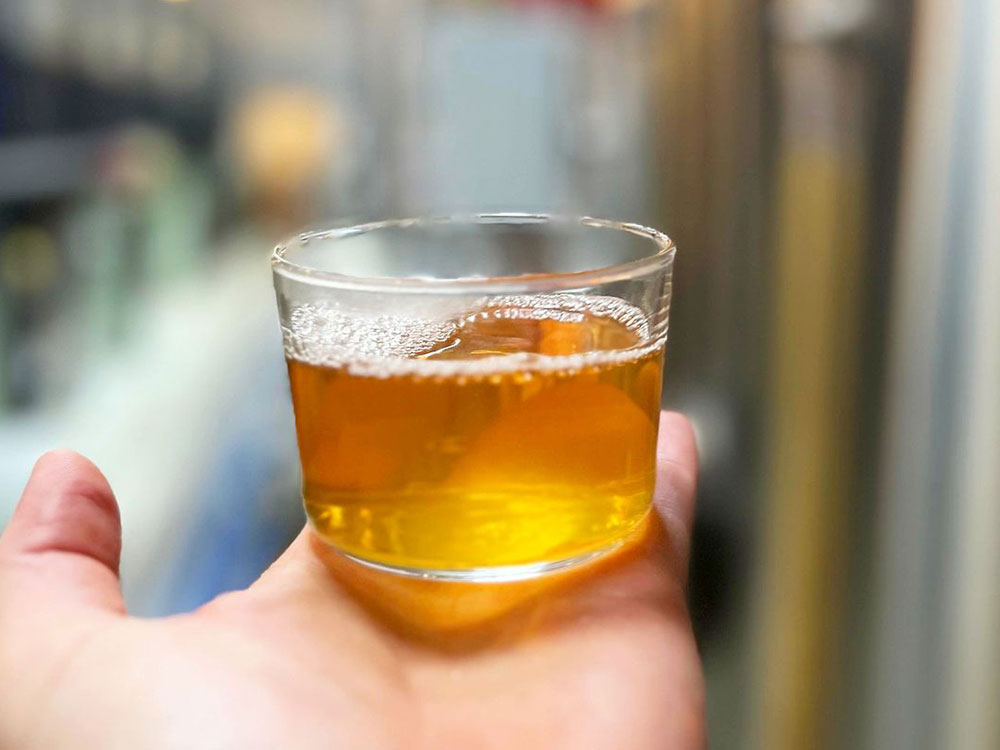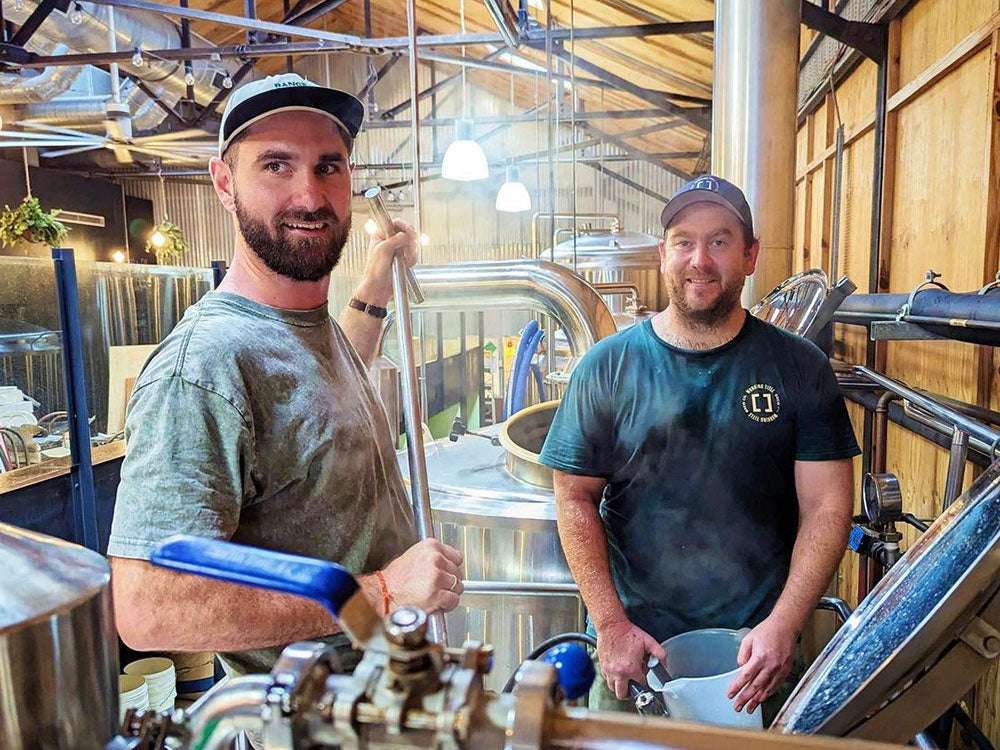While some research has focused on thiols in hops and malt, there is also a lot of interest surrounding thiols in wine. And some of this insight has been actioned by the legends @garageproject to create flavour enhancement products for beer.
Although there are barely any free thiols in grapes, some varieties have a huge concentration of bound thiols. These include the thiols 4MMP (blackcurrant), 3MH (grapefruit) and 3MHA (passionfruit). In their precursor form, they don’t provide flavour. They must be released through the action of a yeast enzyme, beta-lyase. In wine, however, conversion can be low, possibly due to the acidic environment. With beer being less acidic and with lower amounts of polyphenols, which can also inhibit the reaction, we may be able to unlock these reserves and release the desired flavour.
Not all fermentative yeast produce significant levels of beta-lyase. Domestic wine and ale yeasts are notoriously poor in its production. Some wild yeasts, especially those used in winemaking, such as Toroluspora and Pichia produce beta-lyase in abundance. They are, however, poor fermenters. And so a lot of natural winemakers will co-ferment with cultures of endogenous yeast and domestic yeast.
In beer it’s becoming more interesting as we cross the boundaries between GMOs, hybrid strains and co-ferments. But that sounds like a BGW for another day.

